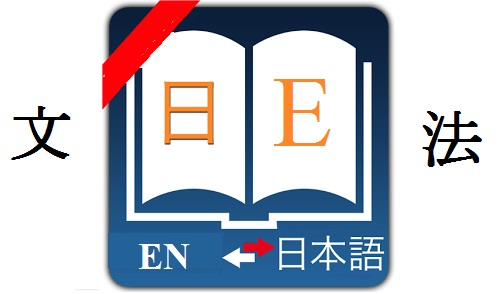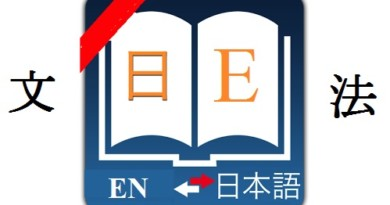Japanese よくも grammar yokumo
Let’s learn Japanese よくも grammar yokumo:
Formation :
Meaning and how to use :
Describe the feelings of surprise, shock, anger when someone has done something bad or annoying.
Example:
彼女はよくも皆の前に私の恥を大きい声で話した。
Kanojo ha yokumo mina no maeni watashi no haji wo ookii koe de hanashita.
She told my shame loudly in front of everyone.
あの子はよく毎日同じことを繰り返します。ほんとうにつまらない子だ。
Ano ko ha yoku mainichi onaji koto wo kuri kaeshimasu. Hontou ni tsumaranai ko da.
That child does the same thing every day. What a boring child.
私のチームのメンバーはよくついチームの秘密を言ってしまった。
Watashi no chi-mu no menba- ha yoku tsui chi-mu no himitsu wo itteshimatta.
The other members of my team often told the team secret.
彼はよくしつこく説得して、客のような私に迷惑をかけました。
Kare ha yoku shitsukoku settokushite, kyaku no youna watashi ni meiwaku wo kakemashita.
He persuaded persistently, which bothered a customer like me.
よく皆に面倒を持っている彼は毎日バカなことをしている。
Yoku mina ni mendou wo motteiru kare ha mainichi baka na koto wo shiteiru.
The man who often brings trouble to everyone does stupid things every day.
Note: When going with 「てくれる」, it will become sarcasm.
Above is Japanese よく(も) grammar yoku(mo). If you don’t understand the signs we used in formation, you can find their meaning here : signs used in Japanese grammar structures.
You can search the structure you want by using the search tool on our website (using key : grammar + ‘structure name’ or you can find more Japanese grammar structures in the following category : Japanese grammar dictionary
